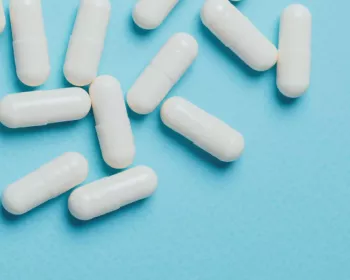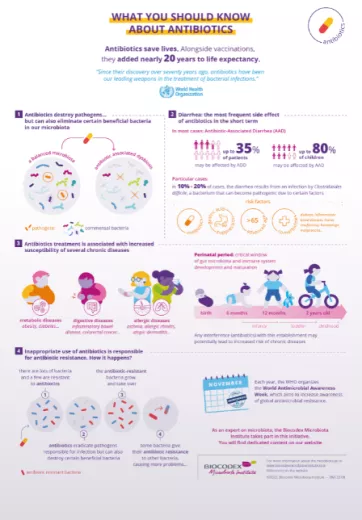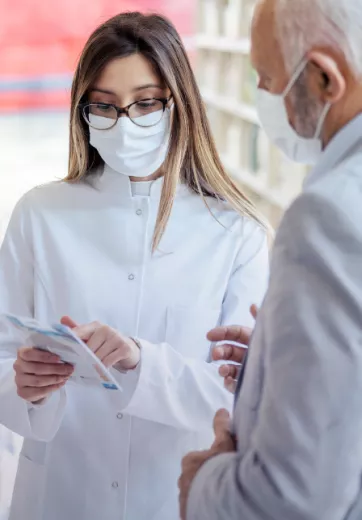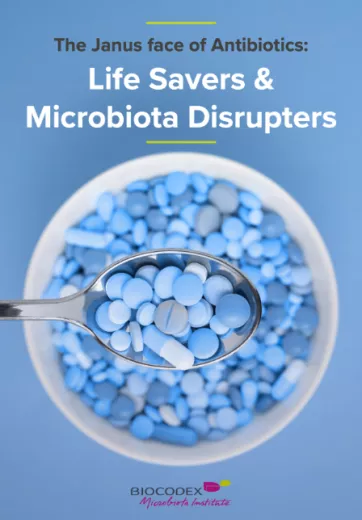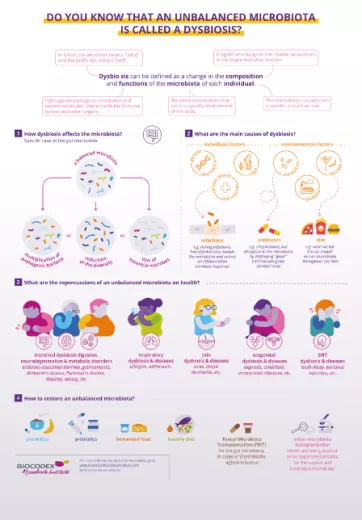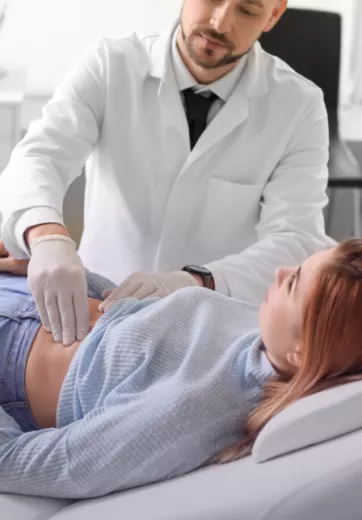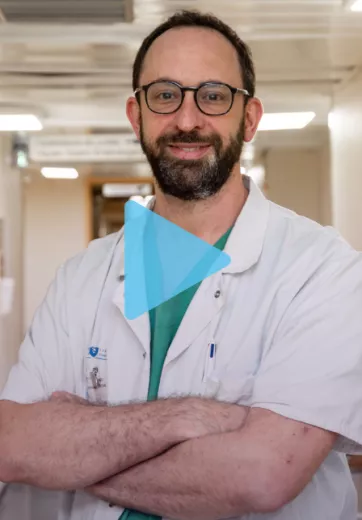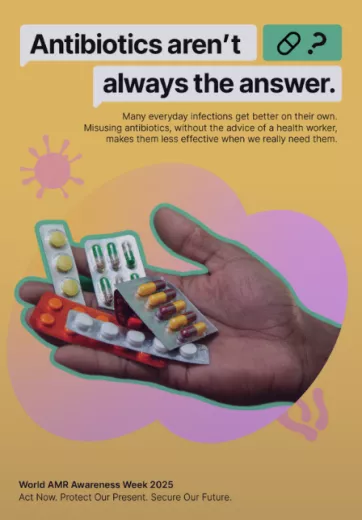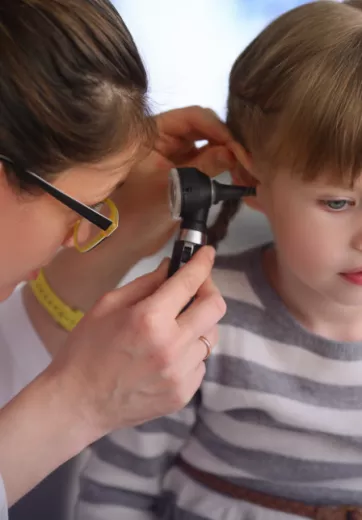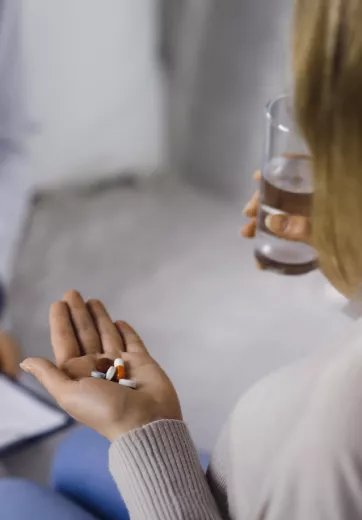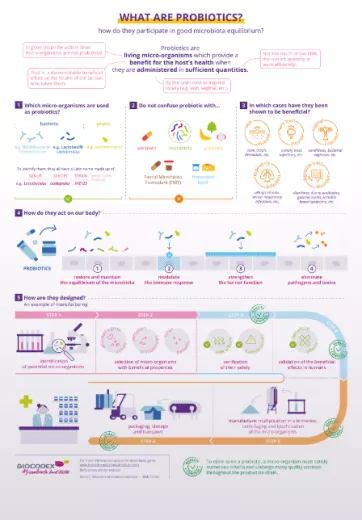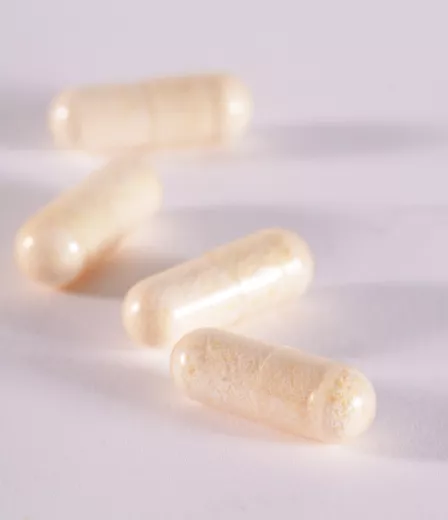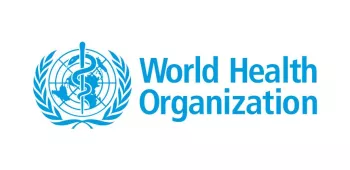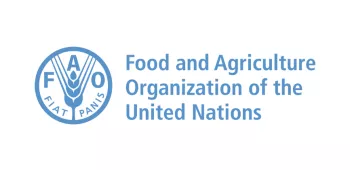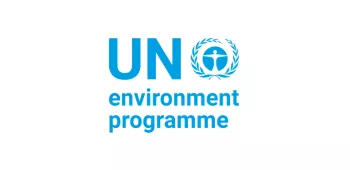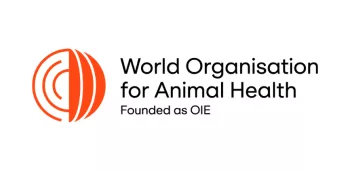Everything you need to know about antibiotics and antimicrobial resistance
Antimicrobial resistance (AMR) threatens the effectiveness of healthcare. It is time to take action: this page provides you with practical tools to equip yourself and raise awareness among your patients about this global issue.
Lay public section
Find here your dedicated section
Sources
This article is based on scientific information
About this article
Antibiotics: understand the risks for the human microbiota
Antibiotics have revolutionized modern medicine, saving countless lives. However, their repeated or inappropriate use profoundly disrupts the gut microbiota, reducing its diversity and protective capacity. This dual aspect of therapeutic progress and microbial imbalance highlights the need for judicious use.
70 % of people claim to know that antibiotics impact the microbiome
35 % Only 1 in 3 people had been informed by a HCP that taking antibiotics could have negative consequences on the balance of their microbiota
To mark the WHO's annual World AMR Awareness Week, The Biocodex Microbiota Institute takes stock.
What is the World AMR Awareness Week?
Each year, since 2015, the WHO organizes the World AMR Awareness Week (WAAW), which aims to increase awareness of global antimicrobial resistance.
Held on 18-24 November, this campaign encourages the general public, healthcare professionals and decision-makers to use antibiotics, antivirals, antifungals and antiparasitics carefully, to prevent the further emergence of antimicrobial resistance.
Dysbiosis: effects of antibiotics on health and microbiota
Repeated exposure to antibiotics can profoundly disrupt the balance of the microbiota, leading to dysbiosis with various clinical consequences. These alterations in the microbiota are now recognized as a risk factor in many diseases. Better understanding them means strengthening prevention and personalizing care.
Antimicrobial resistance: a serious threat for human health
The widespread and sometimes inappropriate use of antibiotics is making them less and less effective in treating infections, with many bacteria now resistant to antibiotics. Surveillance, research, and awareness remain essential to controlling this major health issue.
Microbiotalk: short conferences on antimicrobial resistance
This Microbiotalk conference aims to illuminate the multifaceted challenges of AMR, exploring the intricate connections between gut microbiota, environmental factors, and public health. Featuring international experts and patient advocates, the event delves into topics such as the impact of antibiotics on the intestinal microbiota, the emergence of resistance in early childhood, environmental reservoirs of resistant bacteria, and the critical role of patient and public engagement.
Microbiotalk conferences: a global conversation on antimicrobial resistance

Antimicrobial resistance fresco: learn, play and act now
Every initiative counts in the fight against antimicrobial resistance. Visualizing data, sharing knowledge, and strengthening collaboration among healthcare professionals are essential levers. Collective awareness is at the heart of the global prevention strategy.
Discover the first collage illustrating the challenges of antimicrobial resistance.
The first antimicrobial resistance fresco
Probiotics: restore microbiota's balance after antibiotics
After antibiotic treatment, the microbiota takes time to regain its balance. Approaches based on understanding the interactions between antibiotics and intestinal flora are paving the way for new support strategies. This knowledge opens up promising prospects for maintaining a healthy microbiota and preventing post-treatment dysbiosis.
How to rebuild my gut microbiota after taking antibiotics?
How to talk about gut health: Pr. Sokol's advices. This educational video series is designed to help healthcare professionals better communicate with their patients about gut microbiota
How to rebuild my gut microbiota after taking antibiotics?

Antibiotic resistance: explore all the effects
The effects of antibiotic resistance extend beyond the clinical sphere: they also affect the environment, the microbiota, and global health. This global phenomenon requires an integrated “one health” approach to be effective. Now is the time for understanding, prevention, and collaboration.
Check out our articles to explore the full range of impacts of resistance and the solutions being considered on a global scale:
 08.01.2024
When travel breeds antibiotic resistance
Read more
08.01.2024
When travel breeds antibiotic resistance
Read more
 29.08.2023
Massive amounts of antibiotic resistance genes found in clouds
Read more
29.08.2023
Massive amounts of antibiotic resistance genes found in clouds
Read more
 21.02.2022
Phage therapy for multidrug-resistant infections?
Read more
21.02.2022
Phage therapy for multidrug-resistant infections?
Read more
 04.04.2024
Voyages of the gut: how travel shapes our inner landscapes
Read more
04.04.2024
Voyages of the gut: how travel shapes our inner landscapes
Read more






